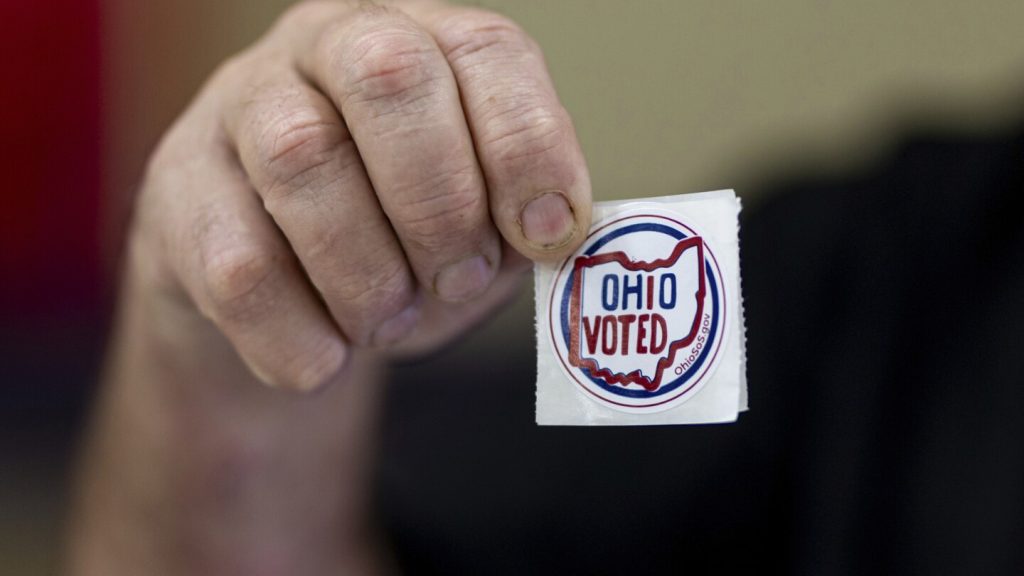Voting rights advocates in Ohio have filed a motion for summary judgment to strike down restrictions in the state’s 2023 election law that they believe infringe on the rights of individuals with disabilities. The lawsuit, filed by the League of Women Voters of Ohio and voter Jennifer Kucera, challenges provisions that limit who can assist voters with disabilities in casting absentee ballots. The plaintiffs argue that the law’s restrictions are undemocratic, cruel, and in violation of federal laws such as the Voting Rights Act and the Americans with Disabilities Act.
The law, which took effect in April 2023, makes it a felony for anyone other than an election official or mail carrier to handle the absentee ballot of a voter with a disability, unless they are a qualifying family member. Supporters of the law argue that it is intended to safeguard election integrity and rebuild voter trust during a period of uncertainty. However, voting rights advocates contend that many individuals with disabilities rely on assistance to participate in the voting process, as they may face challenges accessing polling places or ballot dropboxes.
Jennifer Kucera, who was born with a form of muscular dystrophy, spoke out against Ohio’s absentee voting program, stating that it does not adequately accommodate individuals with mobility disabilities like hers. She emphasized the importance of allowing voters with disabilities to have the same opportunities to vote as non-disabled individuals. The League of Women Voters of Ohio also criticized the restrictions, asserting that there is no evidence to suggest that allowing voters to choose assistance outside of the prescribed list would disrupt Ohio’s absentee voting system.
The ACLU of Ohio and other organizations representing the plaintiffs are urging the federal court to overturn the restrictive provisions in Ohio’s election law, arguing that they unfairly hinder the voting rights of individuals with disabilities. They believe that the state’s refusal to revise these restrictions is unjust and goes against the principles of equality and accessibility in the voting process. Nearly 28% of adults in Ohio have a disability, highlighting the significance of ensuring that all individuals have the opportunity to exercise their right to vote without unnecessary barriers.
The outcome of this legal challenge could have implications for voting rights and accessibility across the country. As the debate over election laws and regulations continues to unfold, advocates for individuals with disabilities are fighting to ensure that all voters have the necessary support and accommodation to participate in the democratic process. The decision of the federal court in Cleveland will ultimately determine whether the restrictions on assisting voters with disabilities in Ohio’s election law will be upheld or struck down.


